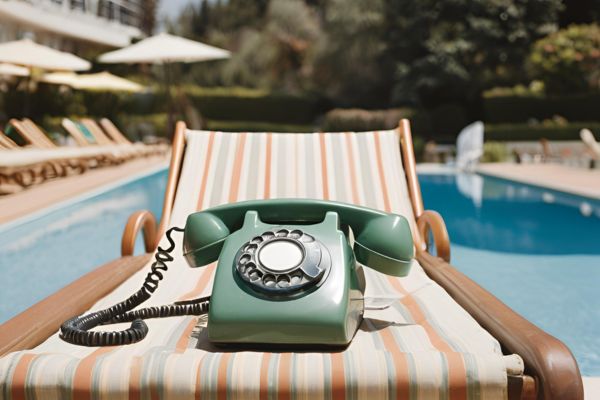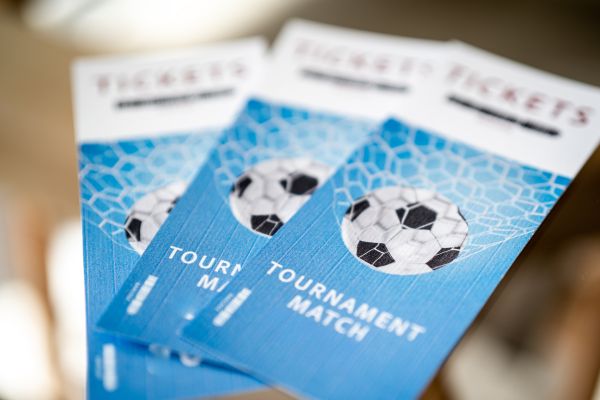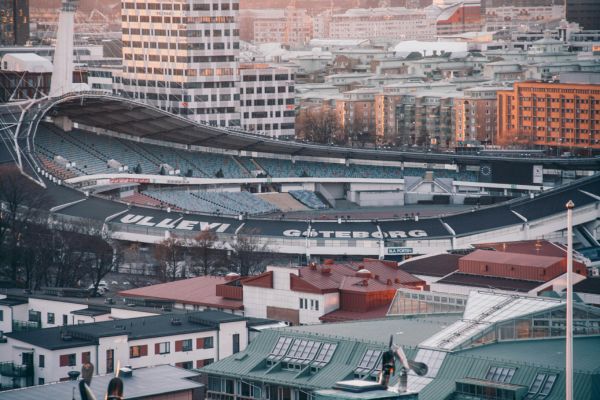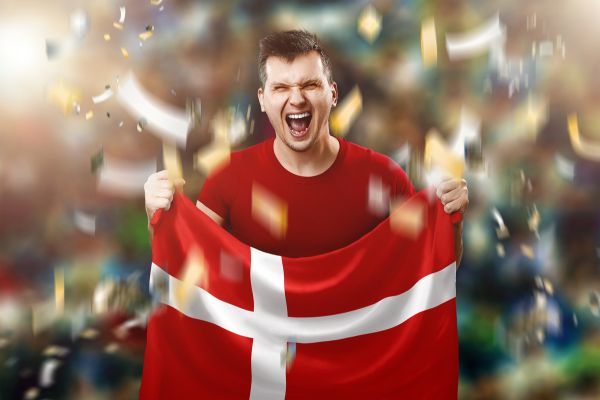The final whistle is blown at the Stadion Odense on a late autumn day in mid-November 1991. Denmark had just defeated Northern Ireland 2-1. But instead of celebrating, players like Peter Schmeichel, Kim Vilfort, and Jens Jensen looked disappointed. They knew they had fallen short — even though they had just won.
This was their final game in Group 4 qualification for the 1992 European Championship, to be held in neighboring Sweden. They had finished second in the group, just one point behind winners Yugoslavia. That made it all the more frustrating. A tournament so close to home would have been a dream for Danish fans and players alike. As they walked off the pitch, thoughts were already shifting to the 1994 World Cup in the USA.
But fast forward to May 1992, and everything would change.
A Last-Minute Lifeline: The Unexpected Call-Up
In a twist of fate, political turmoil in Yugoslavia had escalated into full-blown conflict. The outbreak of the Yugoslav Wars led to sanctions and, on May 31, 1992, UEFA and FIFA suspended Yugoslavia from competitive football. They would not be allowed to take part in the final tournament.
Denmark, as runners-up, were suddenly handed a spot at Euro '92.
Get Off the Beach

The call came through — Denmark were in. Some players were literally pulled from their summer holidays. With little time to prepare, a squad was quickly assembled, entering the tournament with no expectations.
What followed would become one of football’s most incredible stories.
The Road to the Final: Defying the Odds

Once the tournament began in Sweden, few gave Denmark much of a chance. In the group stage, they faced England, France, and host nation Sweden. After a 0-0 draw with England and a 1-0 loss to Sweden, Denmark needed something big — and they got it with a 2-1 win over France.
That win sent them to the semifinals, where they faced reigning champions, the Netherlands. Goals from Henrik Larsen helped Denmark fight to a 2-2 draw. In the penalty shootout, Schmeichel saved a crucial spot-kick from Marco van Basten, sending Denmark to the final.
The Final Showdown: Beating the World Champions

On June 26, 1992, at Ullevi Stadium in Gothenburg, Denmark lined up against reigning World Cup champions Germany.
John Jensen opened the scoring in the 18th minute with a thunderous strike. The underdogs defended resolutely, with Schmeichel making key saves to keep them ahead. Then, in the 78th minute, Kim Vilfort — who had left and rejoined the squad due to his daughter’s illness — struck the decisive second goal.
Denmark had done it. They won 2-0. They were champions of Europe.

The Miracle in Gothenburg: A Legacy Cemented
The final whistle blew, and the football world was stunned. The team that hadn’t even qualified for Euro '92 had gone all the way.
Players like Schmeichel, Vilfort, and Jensen — who had left the pitch frustrated in Odense — were now celebrating with the trophy in hand.
For me growing up, this still ranks as one of my fondest football memories. Watching a team that was just making up the numbers go all the way to glory — it felt like pure magic. And that Denmark kit? The white and red Hummel chevrons were an absolute classic. Still one of the best tournament looks ever, in my opinion.
This wasn’t just a story about winning a tournament. It was a reminder that in football, anything is possible. Even when it feels like your team’s journey is over, fate can flip the script — just like Denmark did in 1992.
